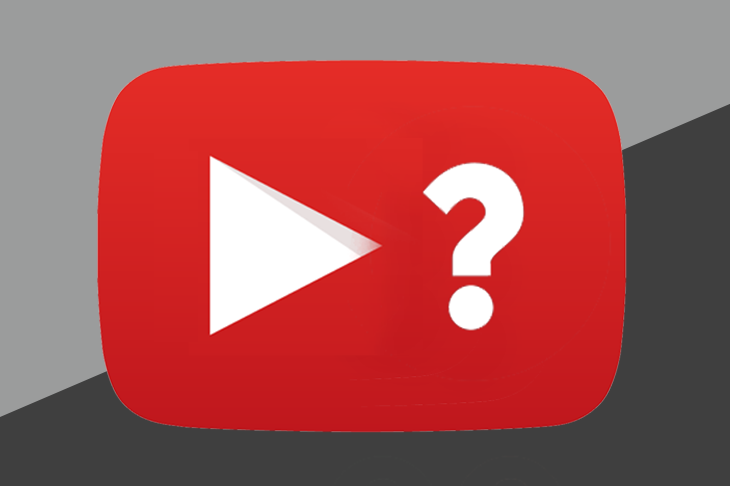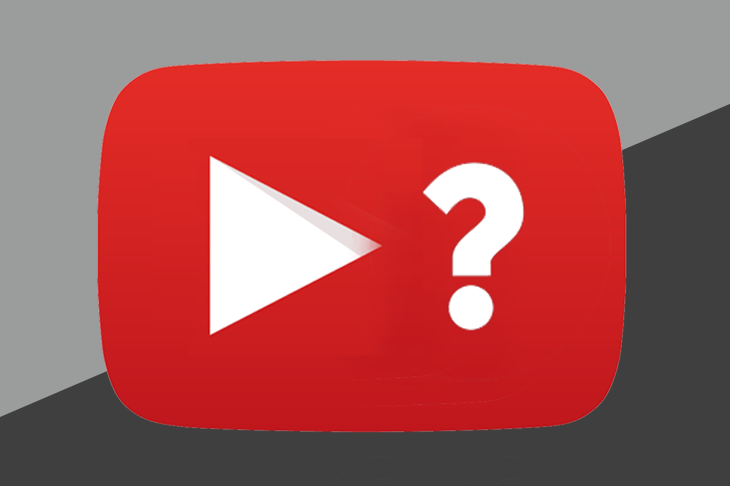
Get weekly
HubSpot updates

Over the past few months I’ve been asked a host of YouTube SEO questions, but three in particular keep cropping up...
Do Tags Still Matter?
In short, yes! YouTube wants to know what your video is about so it can link it to similar videos ensuring that the user naturally continues watching content and sticks around on YouTube for as long as possible. However, are tags really the deciding factor on which search results and side bar displays you’ll appear in? No. If that were true, you could easily tag a successful YouTuber’s username, and sit pretty alongside their content in the search results every time. Frankly, unless you work at YouTube you’re not going to know in full which indicators are used to determine your search ranking and how much weight each of them carry. That said, we know that newer videos from content creators are prioritised for a short period of time, and it’s highly speculated that user retention (aka engagement) is also a heavy weight factor. Why not how many views? Because how many times have you searched for a new music video, clicked on a reputable VEVO thumbnail and found yourself listening to somebody review the music video, rather than playing it? Within seconds you’ve clicked off the content and found yourself searching for the song all over again. YouTube is all about positive user experience, and click baiters hardly make for an easy ride.
Should I just fill my description box with keywords?
It’s actually against YouTube’s policy to do this. However that doesn’t mean to say you shouldn’t be spending considerable time drafting your description box. YouTube hasn’t got much to go by and your description box is your way of giving context to your content. It’s also a great tool for converting a one time viewer into a subscriber or fan, whether that’s promoting additional links to content or external social sites. Make sure your description contains an overview of your video’s content and also a little bit about yourself and your channel. Keywords should naturally fit into this, so you’ll have no need to list random tags.
Long Titles vs Short Titles
Ultimately titles should be snappy and to to the point, however as YouTube can’t crawl your video for content, your title is really important to your search success and so should be descriptive. When it comes to length, you’ve got about 66 characters to play with before you’ll see an ellipsis appear in your titles. However, just because you have 66 characters available, doesn’t mean you should aim to use them all, it’s about quality not quantity. First off, do you research. Take a look at similar videos that have performed well and try to note some correlation between the titles. Are there any keywords or phrases that constantly come up? (If you’re still struggling you can complete some keyword research using Google AdWord’s keyword tool or Wordtracker). Whatever you do, do not create ‘click bait’ titles. As mentioned above, once your video goes live it’s likely YouTube will rate your popularity via engagement for example: user retention. So if your video title is misleading, and users click off it quickly, or worse, leave a thumbs down, you’re only going to fall further and further down the rankings. Overall, make sure your keywords and phrases are included, but still keeping your title to the point so it is clear what your video is about.
Got any other burning YouTube SEO questions? Leave them in the comments below…
